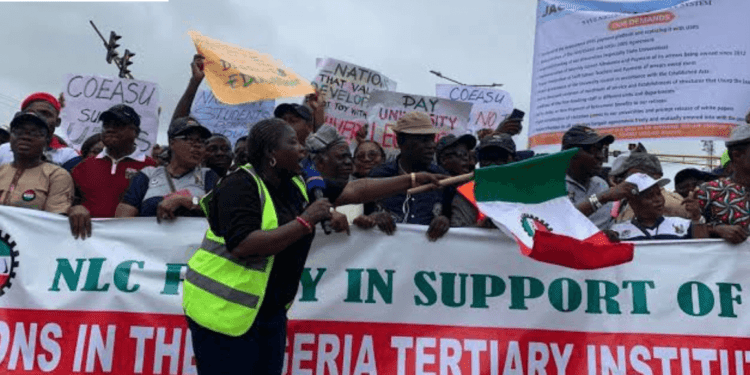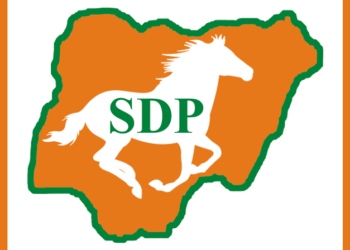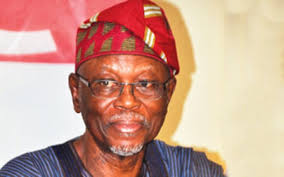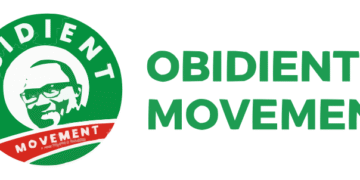The Senior Staff Association of Nigeria Polytechnics (SSANIP) has announced a three-day warning strike to address what it describes as an unfair threat to the career progression of non-teaching staff in polytechnics. The strike, set to begin at midnight on Wednesday, January 22, 2025, is a response to ongoing revisions of the Polytechnic Schemes of Service, which the union claims will marginalize non-teaching staff. Despite repeated appeals, SSANIP says its efforts to secure equitable career advancement have been ignored by relevant authorities.
In a letter addressed to the Ministry of Labour, the National Board for Technical Education, and the Office of the Head of Civil Service of the Federation, SSANIP highlighted its concerns over what it perceives as a deliberate attempt to deny non-teaching staff progression to CONTEDISS 15, the peak of their career structure. The letter, signed by National Secretary Nura Gaya, emphasized the union’s commitment to protecting the rights of its members and ensuring fairness in career policies.
SSANIP has long championed policies that recognize the distinct roles of teaching and non-teaching staff within polytechnic systems. The union insists that career progression for non-teaching staff does not threaten the benefits of their teaching counterparts, as both groups operate under separate salary structures. The strike, according to SSANIP, aims to draw attention to these concerns and prompt urgent action from the government.
The union expressed regret over the lack of tangible results from prior engagements with stakeholders and warned that this strike is only the first step. If no meaningful resolution is reached, SSANIP may escalate its actions. It stressed, however, that it remains open to constructive dialogue and hopes for an amicable resolution to avoid further disruptions in the education sector.
The grievances of non-teaching staff center on equity and justice within the polytechnic system, with many employees feeling sidelined in favor of teaching staff. SSANIP’s leaders have called for immediate intervention to prevent further escalation of tensions and maintain harmony within the academic community. They have also appealed to government authorities to uphold fairness and transparency in their decision-making processes.





































